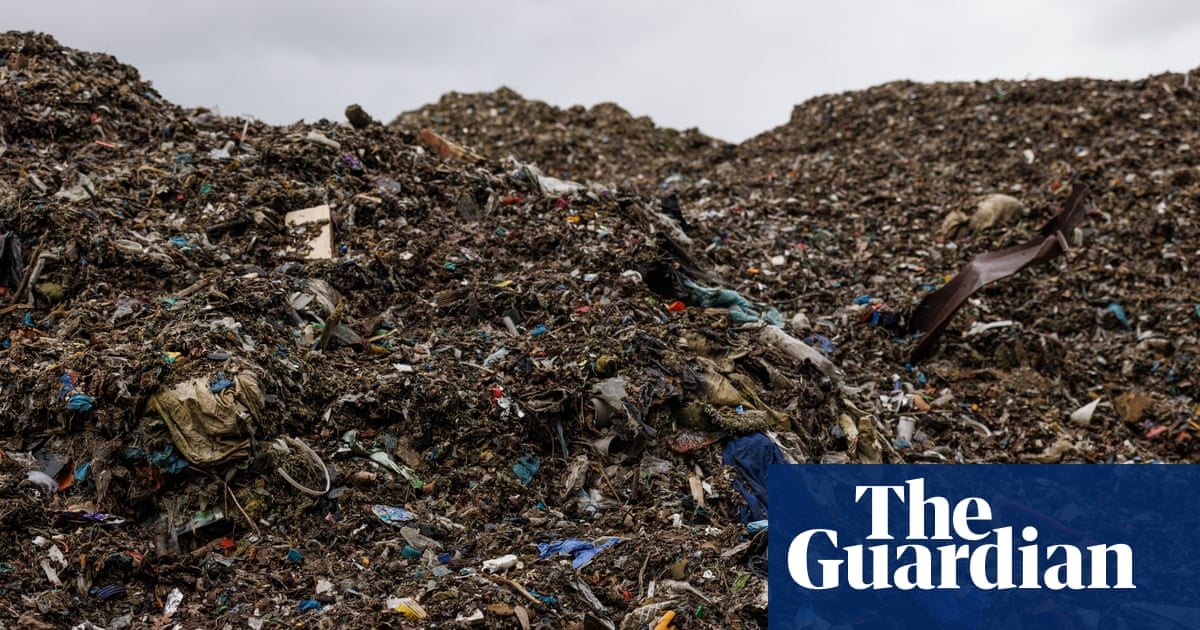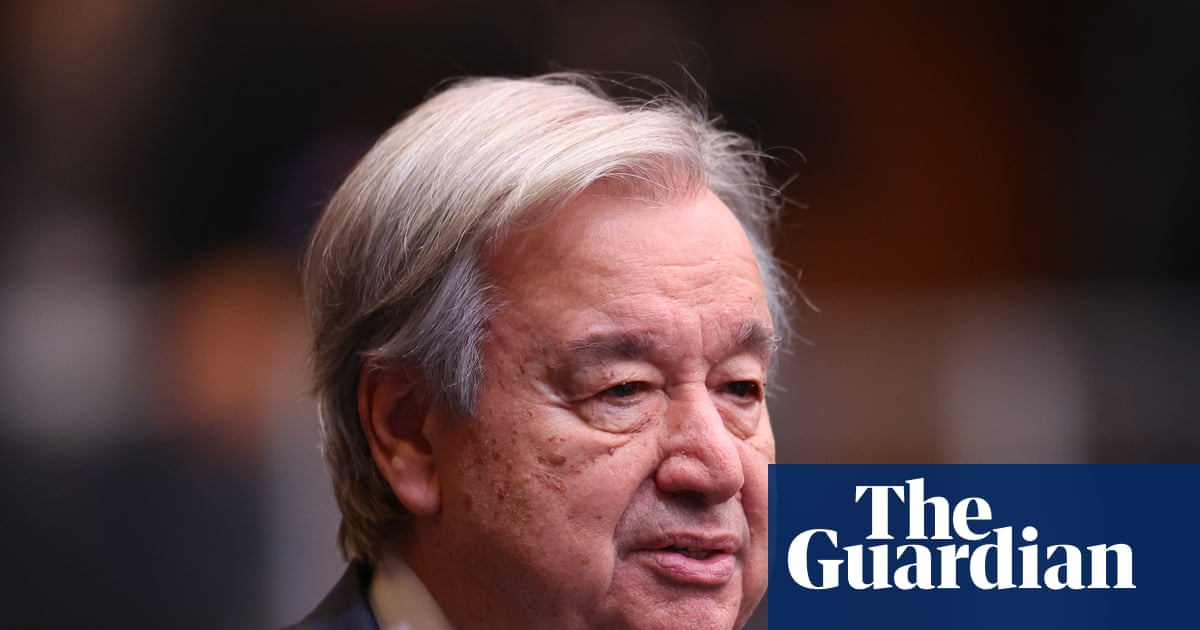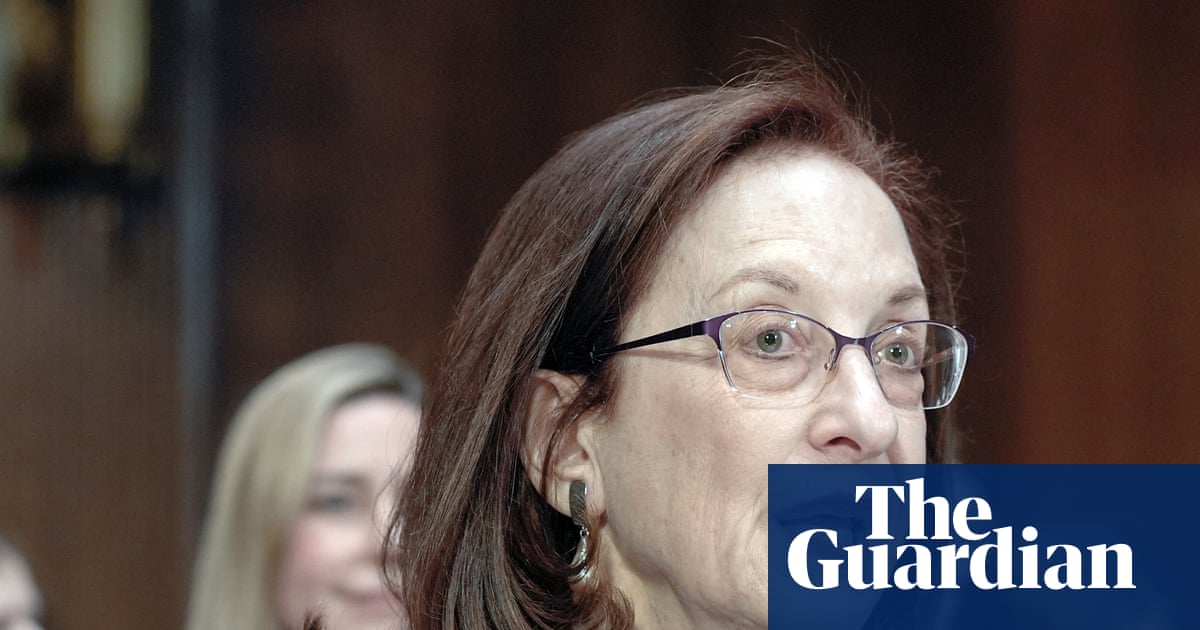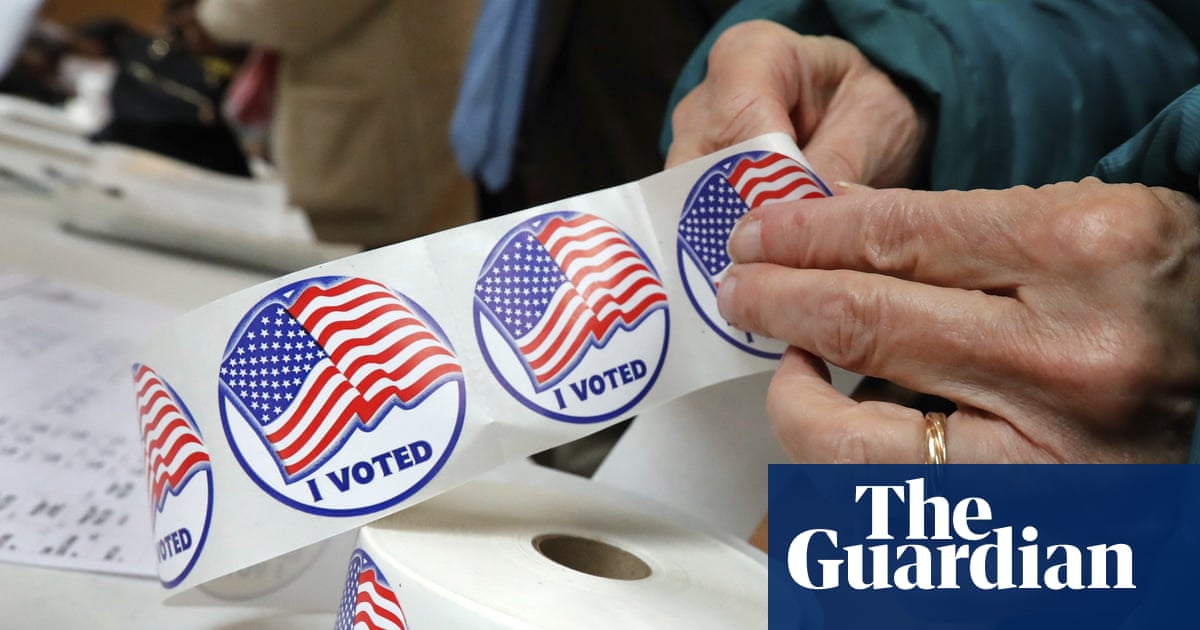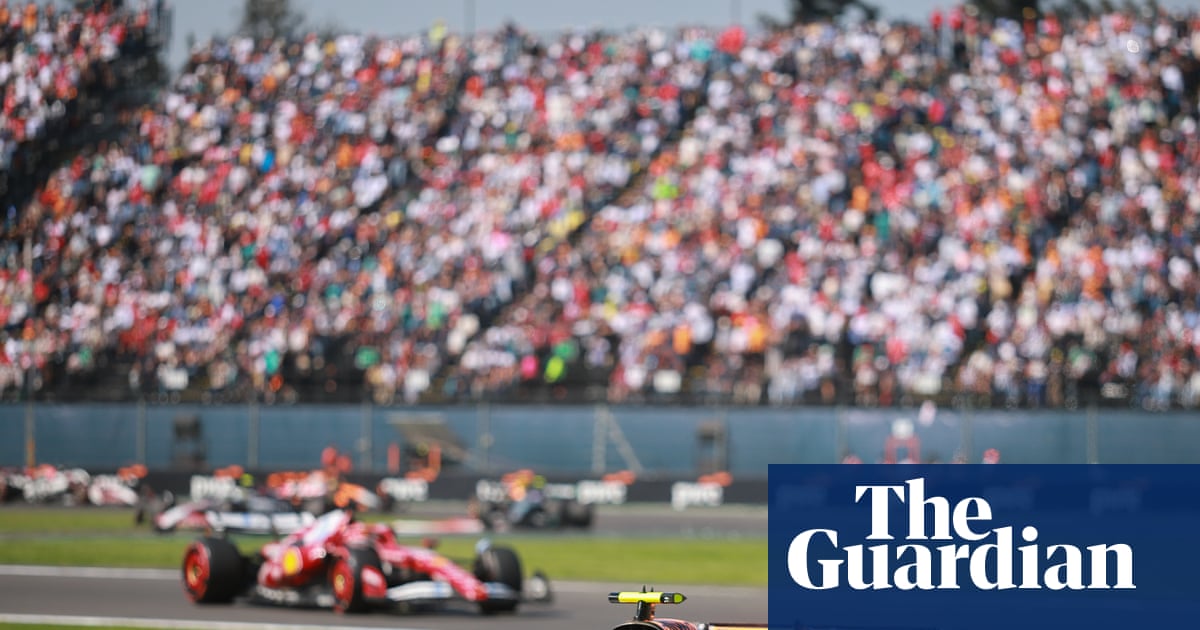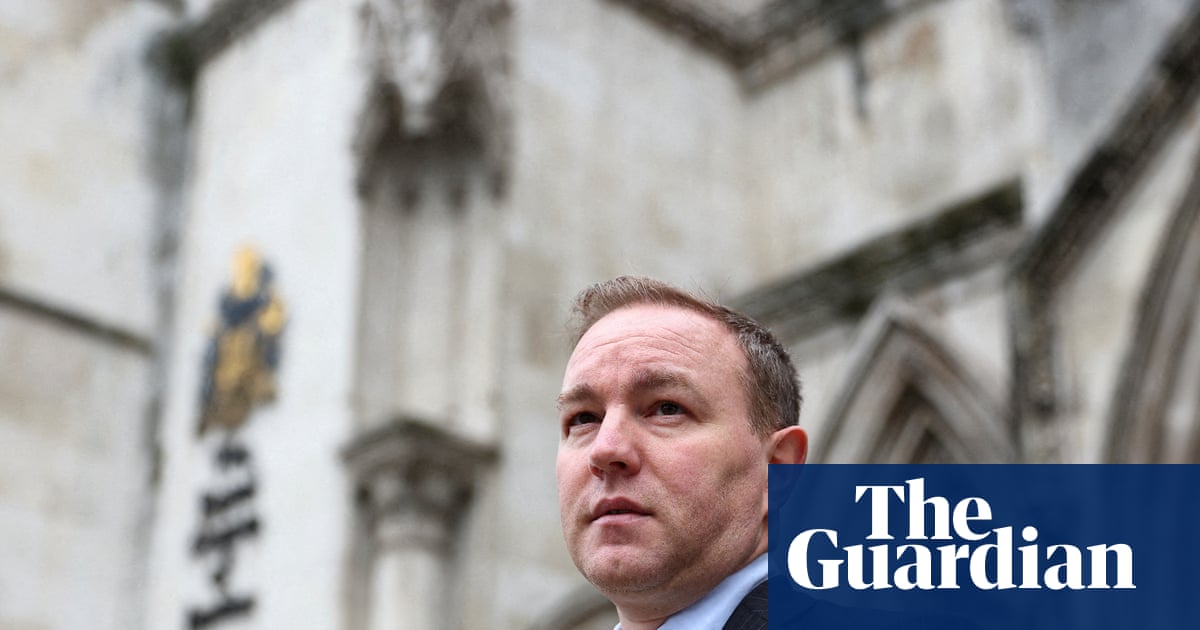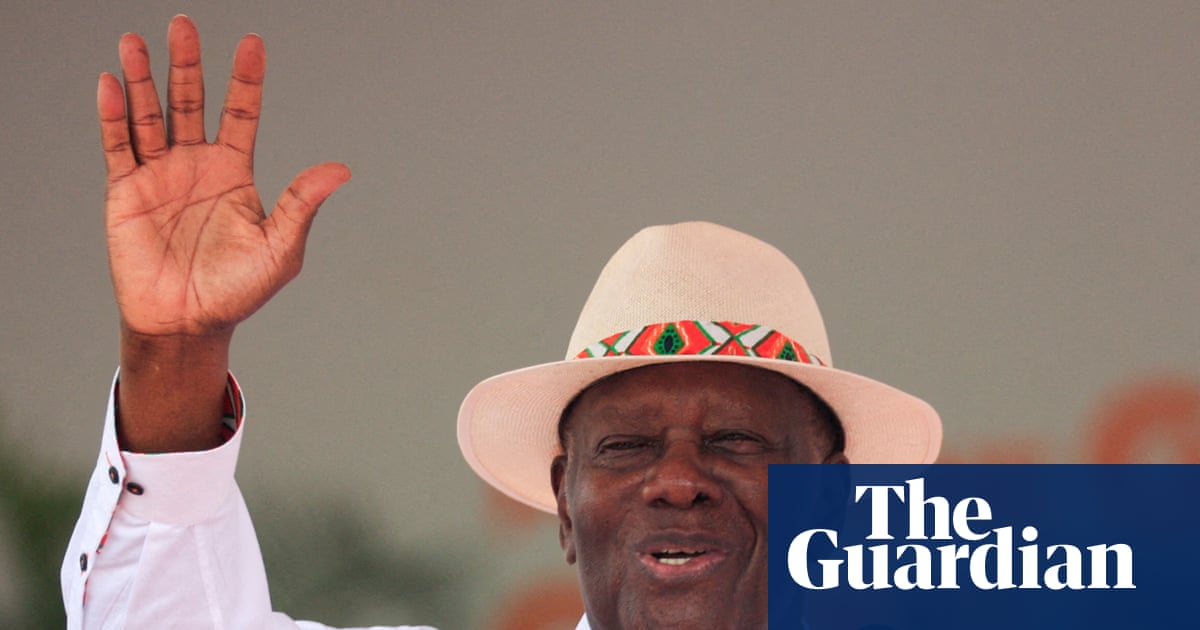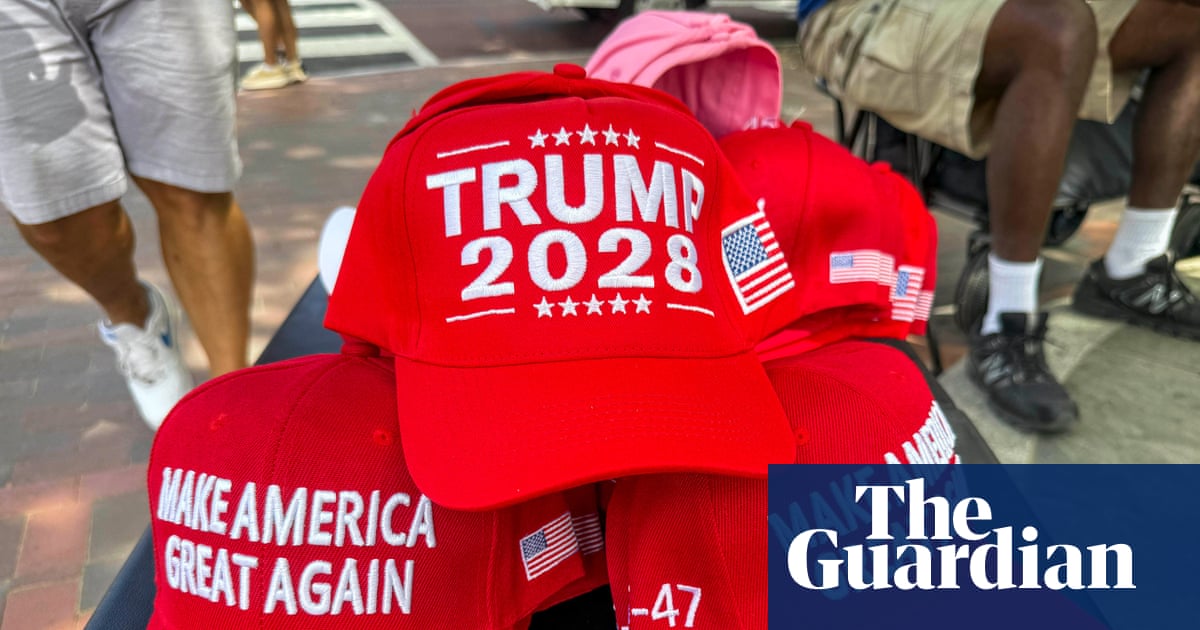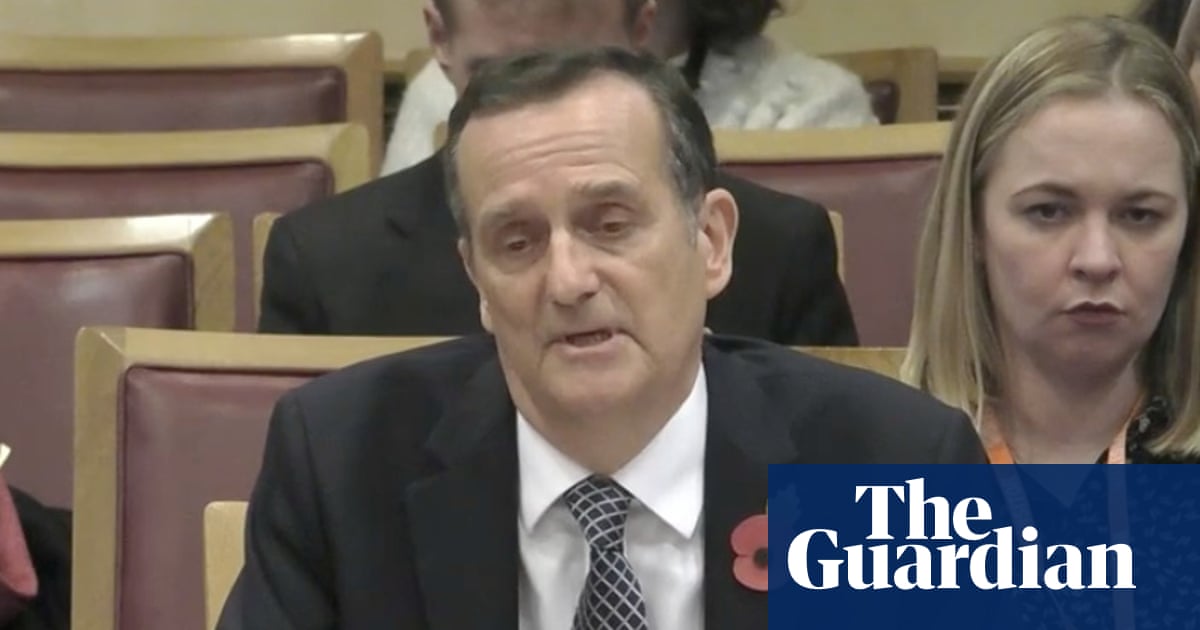Do no harm, a principle that many associate with the medical practice, has become a fundamental ethical principle of global solidarity the Boycott, Divestment and Sanctions (BDS) movement has mainstreamed since its inception 20 years ago this week.
In the midst of the most depraved phase of Israel’s livestreamed genocide against 2.3 million Palestinians in the illegally occupied Gaza Strip, our unbearable grief makes it impossible to celebrate the 20th anniversary of the BDS movement. The Israeli state, enabled and emboldened by the shameless and seemingly boundless military, financial, political and discourse complicity of the US, the European Union and the UK, is trying to normalize the fundamentally abnormal and to numb our consciences with its relentless savagery.
It views the rise to power of its natural allies, far-right, fascist and authoritarian forces in the west and elsewhere, as providing the long coveted opportunity to finally exterminate the survivors of its ongoing Nakba, not gradually as it has been doing for decades, but in one fell swoop. Eliminating the natives, after all, is a feature, not a bug, in settler colonial history.
Yet, our just as uncontainable rage compels us to mark this occasion with reflection, critique, a measure of pride and a whole lot of resolve to carry on no matter what – until the genocide ends and the regime of oppression that has spawned it is ultimately dismantled.
Taking stock of what we have collectively achieved against what seemed like insurmountable obstacles of vilification, intimidation and horrific repression, is about nourishing realistic hope to raise our collective morale. It is about decolonizing our minds from the relentless attempts by Israel and its hegemonic colonial partners in the west to colonize them with powerlessness and despondency. It is also about learning from this long struggle the lessons that will help illuminate our remaining march to freedom.
As early as 1923, the Zionist leader Ze’ev Jabotinsky wrote with lucid honesty, “Every native population in the world resists colonists as long as it has the slightest hope of being able to rid itself of the danger of being colonised. [...] Zionist colonisation must either stop, or else proceed regardless of the native population. Which means that it can proceed and develop only under the protection of a power that is independent of the native population – behind an iron wall, which the native population cannot breach.”
Aside from its concrete and hi-tech walls surrounding Palestinian ghettos, especially Gaza, Israel has incessantly tried to construct an “iron wall” in our minds by trying to reduce us to “human animals”, to isolate us from our natural Arab environment and the rest of the world, and to sear into our consciousness, through sustained unspeakable violence, the imperative of submission to its indomitable power as fate. Born in 2005 as arguably “too ambitious” a call, inspired by the struggles that ended apartheid in South Africa and Jim Crow in the United States, BDS has evolved to become a formidable antidote to this induced hopelessness and a beacon of resistance, resilience and regeneration.
Two decades ago, the broadest Palestinian coalition to ever exist, with representation from Palestinians in exile, under occupation, and second-class citizens of present-day Israel, made history by launching the boycott, divestment and sanctions (BDS) call, forming a worldwide anti-racist, nonviolent solidarity movement that nuclear-powered Israel considers an “existential threat” to its regime of settler-colonialism, apartheid, military occupation, and now genocide. As Naomi Klein writes, “the reason Israel goes after BDS with such ferocity is the very same reason that so many activists have continued to believe in it despite these multi-pronged attacks. Because it can work.”
It is working. In states undergoing a rise in authoritarianism and even fascism, from the US to Germany, from the UK to Austria, the BDS movement is facing unparalleled challenges, from well-oiled propaganda and almost unrivaled repression to lawfare, precisely because of its proven effectiveness and by now irrefutable impact. From universities finally cutting academic and/or financial ties with Israel and its complicit universities to Norway’s sovereign fund – the world’s largest – divesting from Israel bonds; from more than 7,000 writers and publishers endorsing the cultural boycott of Israel to governments in the global south, like Colombia, enacting actual trade sanctions and military embargoes or denying port to ships carrying military cargo to Israel; from playing a key role in Intel’s decision to scrap a $25bn investment in Israel to “chang[ing] ‘Israel’s global trade landscape’”, as admitted by the chairman of the Israel Export Institute, the BDS movement is today a pillar in the struggle for Palestinian freedom, justice and equality.
With its massive global network supported by trade unions, farmers’ coalitions, as well as racial, social, gender and climate justice movements, together representing tens of millions, the BDS movement has radically transformed both the global understanding of the question of Palestine as essentially a liberation struggle by an Indigenous people against settler-colonialism and the ethics of solidarity, setting as its most profound prerequisite the obligation to end complicity, to do no harm. If “Palestine is really the center of the world” today, as Angela Davis has recently said, BDS has become not just the epicenter of the global Palestine solidarity and anti-apartheid movement, but also among the most influential – and contagious – justice movements worldwide.
When activists around the world chant in their millions “Palestine frees us all,” they are reflecting on this sense of empowering defiance, of speaking truth to political and corporate power, of what we call “strategic radicalism” that the Palestine solidarity movement, and BDS at its core, has inspired among diverse justice movements worldwide. An entire young generation that accurately perceives Gaza as not just a scene of destruction of tens of thousands of Palestinian lives and a 4,000-year-old civilization with unparalleled brutality and impunity at the hands of a US-Israeli genocidal axis, but also, simultaneously, as emblematic of a dystopian era of might-makes-right that poses a threat to humanity at large that is as fatal as the climate calamity.
John Dugard, a prominent South African jurist and former judge ad hoc of the international court of justice, years ago wrote that “Palestine has become the litmus test for human rights.” Today, Palestine is the essential cause that intersectionally animates global outrage at a rigged, oppressive, colonial and deeply racist order where oligarchs and large multinationals have more power than most states, and where the planet and the global majority are sacrificed at the altar of insatiable greed and lust for yet more power. In this grim picture, the BDS movement is showing how being at once ethical and effective, radical and strategic, can build enough people power to take on through sustained pressure, including peaceful disruption of business-as-usual, the nastiest complicit corporations, fossilized university administrations and hypocritical western machinations – and win.
Indeed, BDS is increasingly being recognized as “not only a moral imperative and constitutional and human right, but also an international legal obligation”, in the words of Craig Mokhiber, a former senior UN human rights official. Affirming this, the United Nations human rights council a few days ago published a landmark report by UN special rapporteur on human rights in the occupied Palestinian territory, Francesca Albanese, that exposes how complicit corporations “underpin the Israeli settler-colonial twofold logic of displacement and replacement aimed at dispossessing and erasing Palestinians from their lands”. The report urges “trade unions, lawyers, civil society and ordinary citizens to press for boycotts, divestments, sanctions, justice for Palestine and accountability at international and domestic levels”.
In his iconic book Black Skin, White Masks, Frantz Fanon writes: “If the question of practical solidarity with a given past ever arose for me, it did so only to the extent to which I was committed to myself and to my neighbor to fight for all my life and with all my strength so that never again would a people on earth be subjugated.” To fight subjugation, especially when one’s state or institution is implicated in it, the most profound ethical obligation is to end this complicity, to do no harm. Nothing else matters as much.
-
Omar Barghouti is co-founder of the Boycott, Divestment and Sanctions (BDS) movement for Palestinian rights and co-recipient of the 2017 Gandhi Peace Award

 3 months ago
48
3 months ago
48

